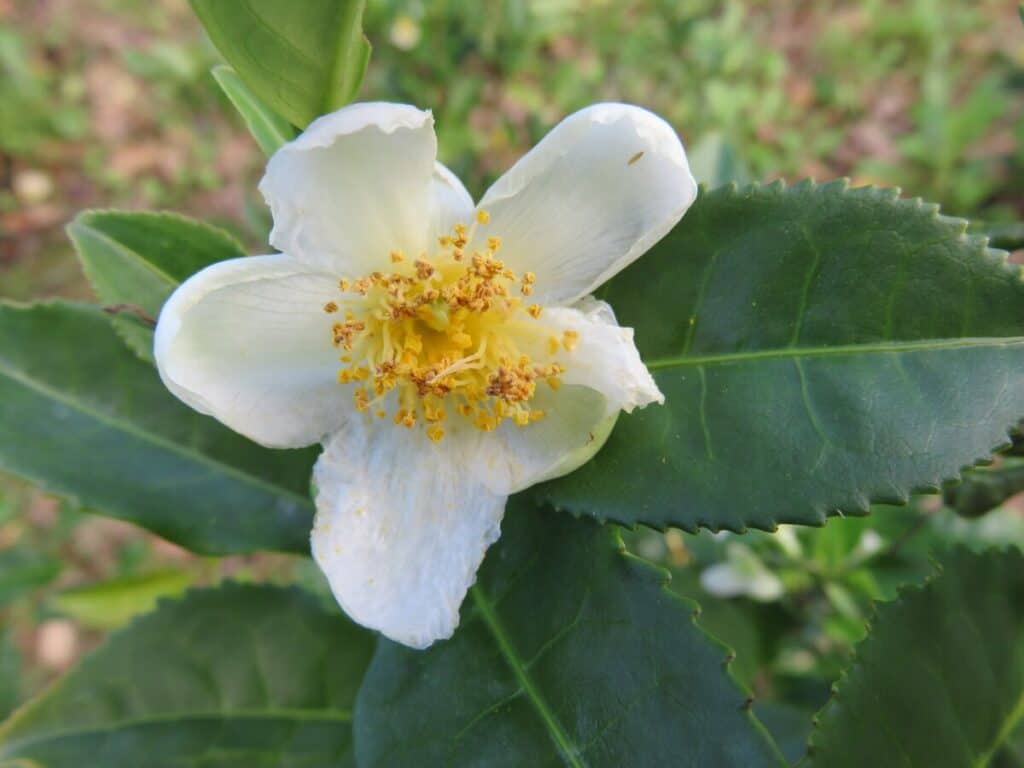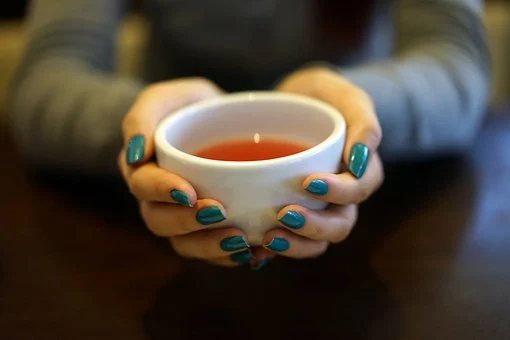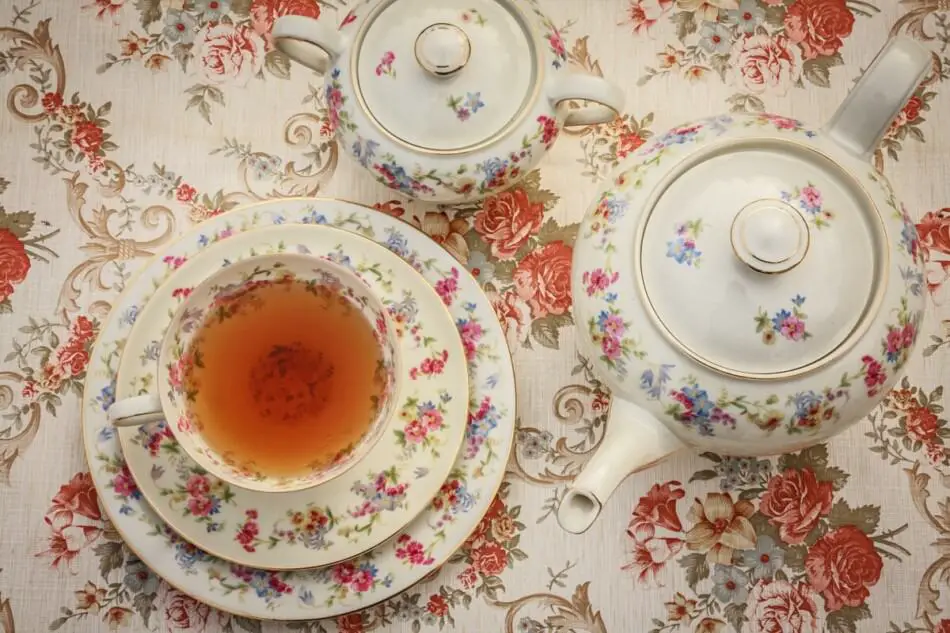White tea is a type of tea that is made from the buds and leaves of the Camellia sinensis plant. It is considered to be one of the healthiest types of tea available, and it has a delicate flavor that many people enjoy. In this article, I will share some insight on the question “What Does White Tea Taste Like?”, and I’ll also provide some tips on how to brew this delicate tea correctly.
White tea is minimally processed and has a delicate flavor. When brewed correctly, it has a light, sweet taste with floral notes. It can also be slightly astringent. Because of its delicate flavor, white tea is best enjoyed without milk or sugar.
Unlike black and green teas, white tea is not oxidized, so it retains its natural sweetness.
The leaves are picked when they are young and still covered in silvery-white hairs, which is why it gets its name. It is grown in limited areas of China, such as the Fujian province, and it is one of the most expensive types of tea.
What Are the Benefits of White Tea?
This tea is a type of tea that is minimally processed and made from the Camellia sinensis plant. The leaves and buds are picked before they are fully open and then quickly dried to prevent oxidation. This results in a tea with a very delicate flavor.
White tea also has a lower caffeine content than other types of tea.
In addition to being delicious, white tea has several health benefits. Studies have shown that it can help to improve heart health, reduce inflammation, lower cholesterol levels, and boost cognitive function.
It is also a rich source of antioxidants, which can help to protect cells from damage and may reduce the risk of some chronic diseases. So, not only is white tea DELICIOUS, but it’s also good for you!
How To Brew White Tea
Brewing white tea is very easy, but it does require some attention to detail.

Here are some steps and tips:
- The most important thing is to use the right water temperature. It should be brewed with water that is between 160 and 180 degrees Fahrenheit. You can use a kitchen thermometer to measure the temperature, or you can boil water and let it cool for a few minutes before using it.
- The next step is to choose the right type of vessel. White tea should be brewed in a teapot or teacup that is made from porcelain or glass. Avoid brewing it in vessels that are made from metal, as this can adversely affect the flavor of the tea.
- The final step is to measure the right number of tea leaves. For this type of tea, you must use approximately one teaspoon of leaves for every six ounces of water. Place the leaves in the teapot or teacup and add the hot water.
- Let the tea steep for three to five minutes, then enjoy!

What Is White Tea Made Of?
This tea is made of the leaves and buds of the Camellia sinensis plant. As I mentioned above, the leaves and buds are picked before they open when they are still covered in fine white hairs. This gives white tea its name.
It is light in color and has a delicate flavor. It is less processed than other types of tea, so it retains more of its natural antioxidants.
White tea is a good choice if you’re looking for a healthy drink that tastes great too.
Where To Buy White Tea
While it is not as widely available as other types of tea, it can be found in many stores that sell specialty teas. In addition, it can be found online from a variety of vendors.
When purchasing this type, it is important to choose a high-quality product from a reputable source. This will ensure that the tea is fresh and flavorful.

It is also important to read the descriptions carefully to make sure that you are getting true white tea.
Some companies may sell blends that contain other types of tea, so it is important to know what you are buying. When you take the time to find a good source for it, you will be able to enjoy this delicious and healthy beverage for many years to come.
Can Kids Drink White Tea?
Even though it is made from the same plant as black and green teas, it is lower in caffeine. This is because its leaves are harvested before they are fully mature, and they are also generally grown in cooler climates. As a result, it contains less of the chemical that gives the tea its caffeine content.
For this reason, white tea may be a good choice for kids who want to enjoy the flavor of tea without the stimulating effects of caffeine.
In addition, it has been shown to contain higher levels of antioxidants than other types of tea. These antioxidants can help to protect cells from damage and may reduce the risk of some chronic diseases.
Accordingly, it may offer some health benefits for kids, in addition to being a gentler source of caffeine.
Proper Tea Storage
When it comes to tea, proper storage is essential to maintaining freshness and flavor. Tea leaves are delicate, and their aroma and flavor can quickly degrade if they are not properly protected from light, heat, and moisture.
That’s why it’s important to store tea in an airtight container in a cool, dark place. If possible, try to keep the container away from strong aromas, as this can also affect the flavor of the tea.
When storing loose tea leaves, be sure to use a clean, dry container. And always make sure that the lid is tightly sealed to keep out moisture and air. With proper storage, your tea will stay fresh for months – giving you plenty of time to enjoy its delicious flavor.
Final Thoughts
White tea is a delicate drink that has a light, sweet flavor. It’s often described as having a floral taste, and many people say it tastes like honey. Some find the flavor to be fruity or woodsy. It is caffeine-free, so it’s a great choice for those who are looking for an energizing beverage without the jitters. Whether you’re new to this or you’ve been drinking it for years, there’s no doubt that its unique flavor is one you’ll love.

